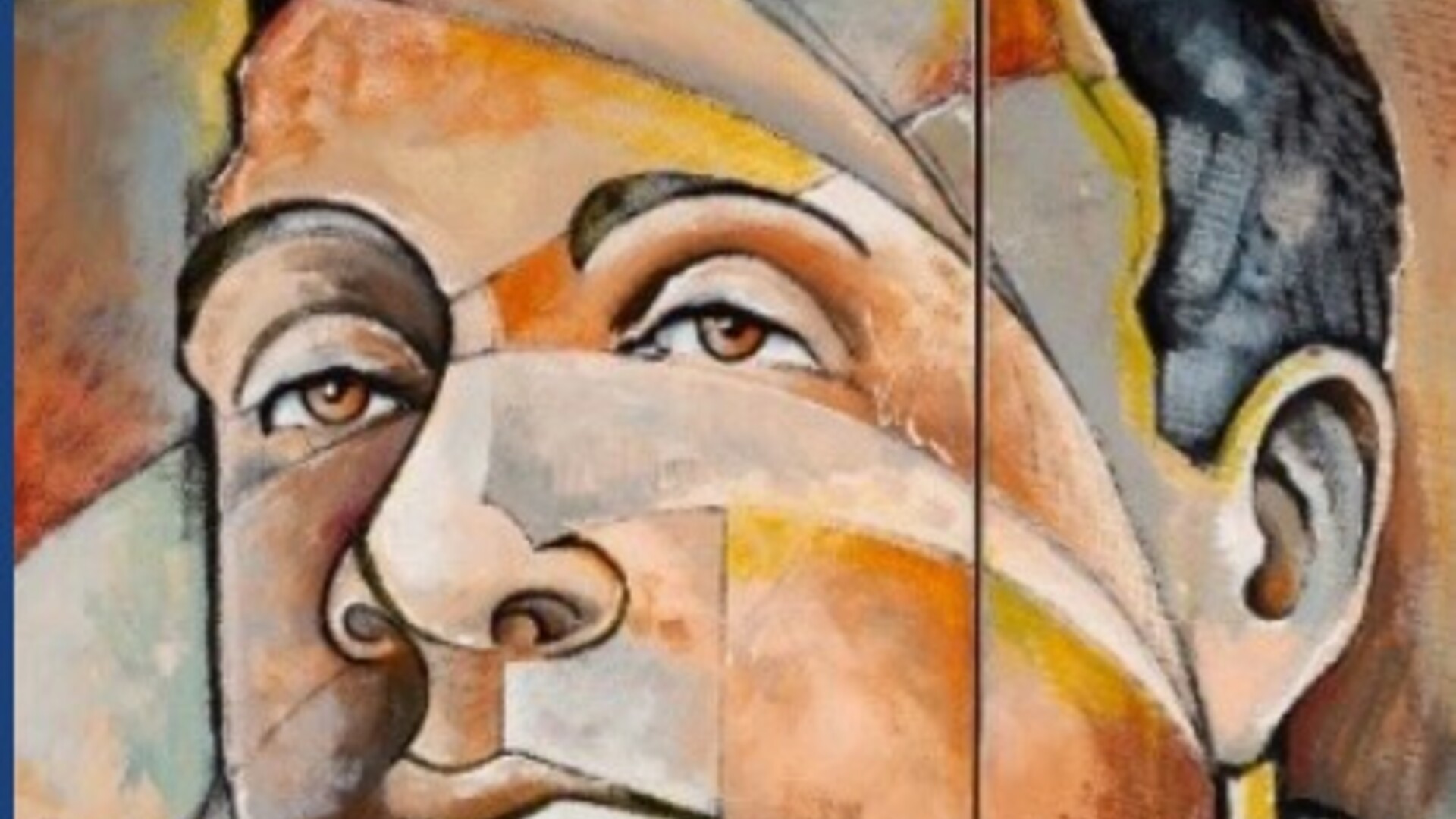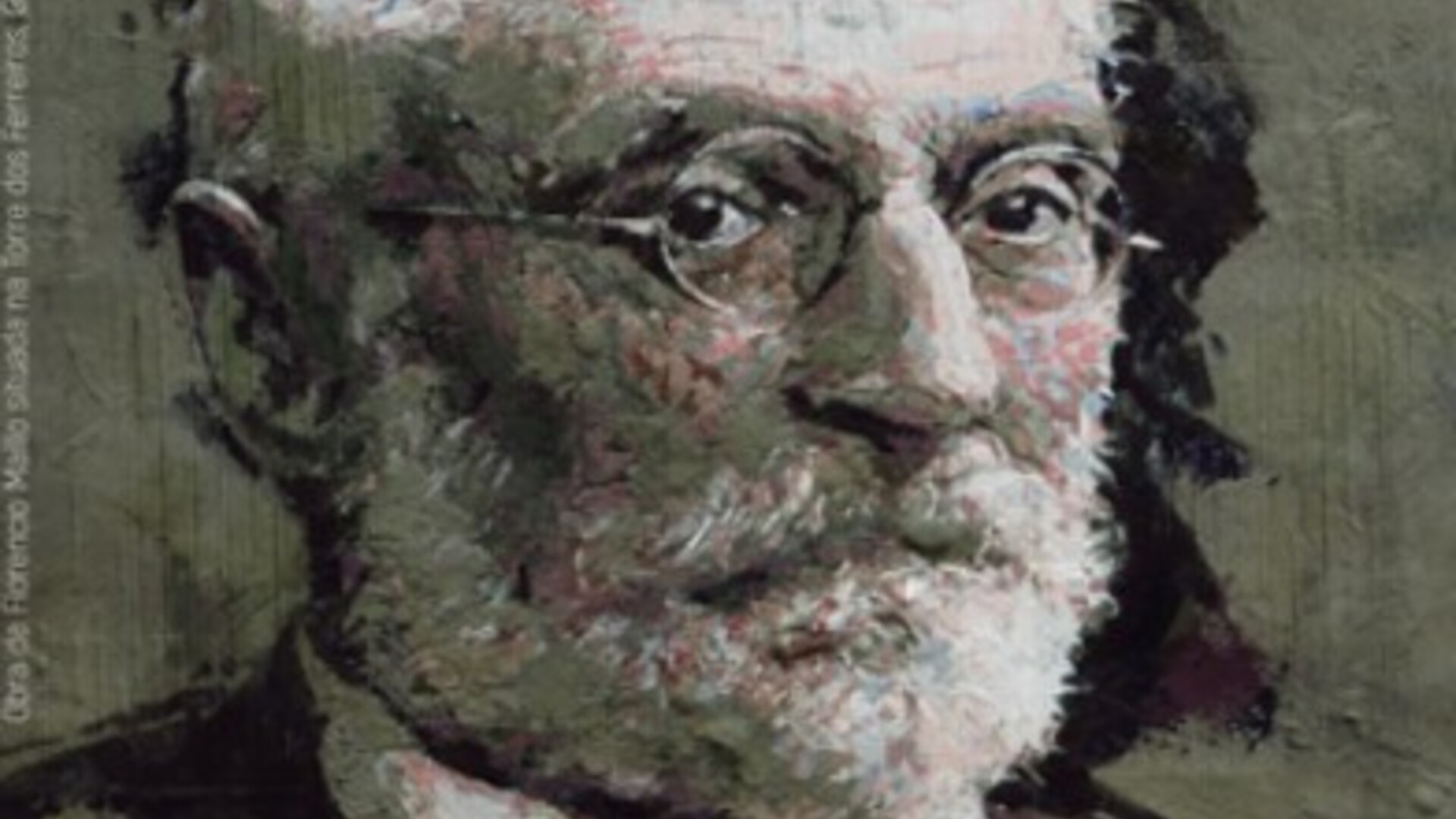Augusto César Ferreira Gil was born in Lordelo do Ouro, Porto, on July 30, 1870 and died in Lisbon on February 26, 1929. He was a poet, publicist, translator, lawyer and senior official of the Portuguese Republic. He lived part of his life in Guarda and was the author of the popular and well-known poem "Balada da Neve".

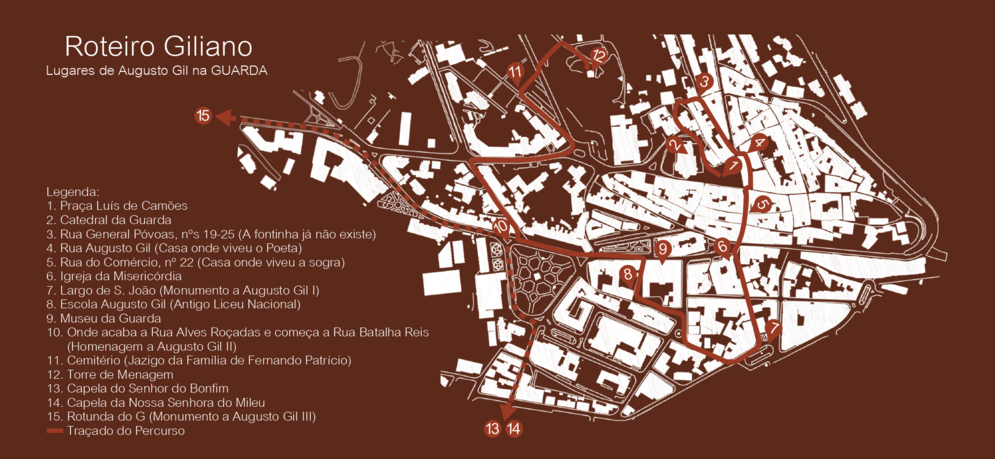
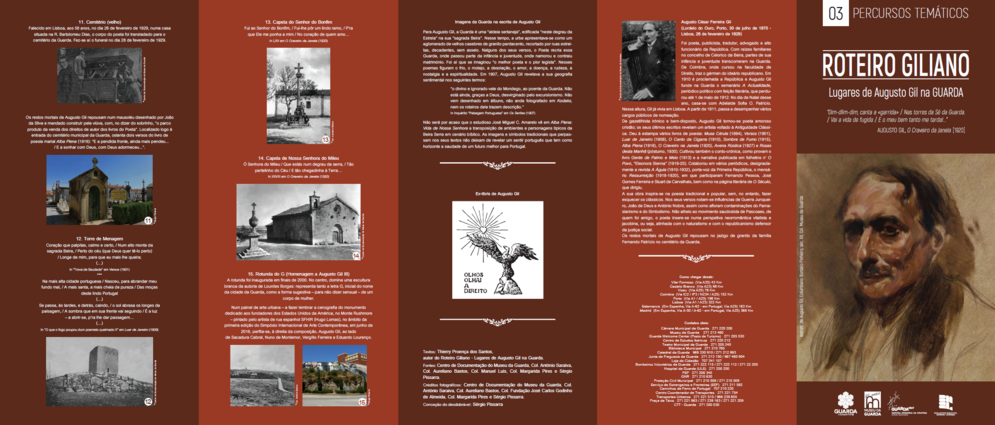
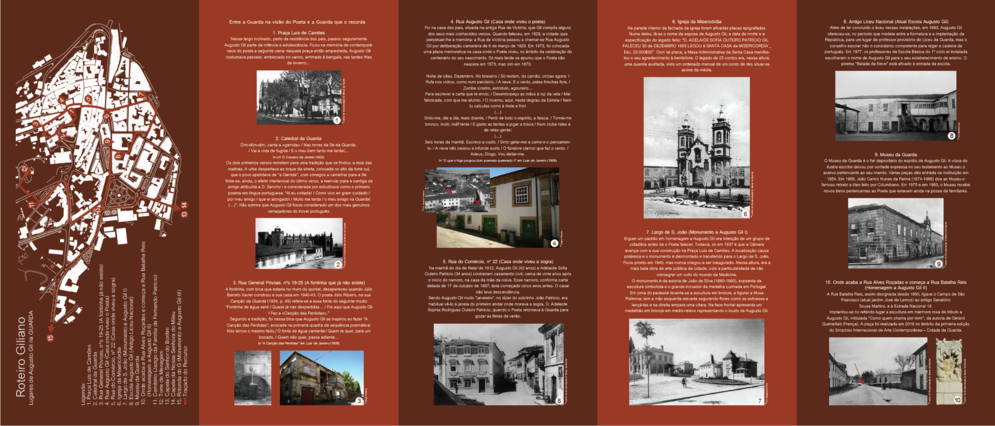
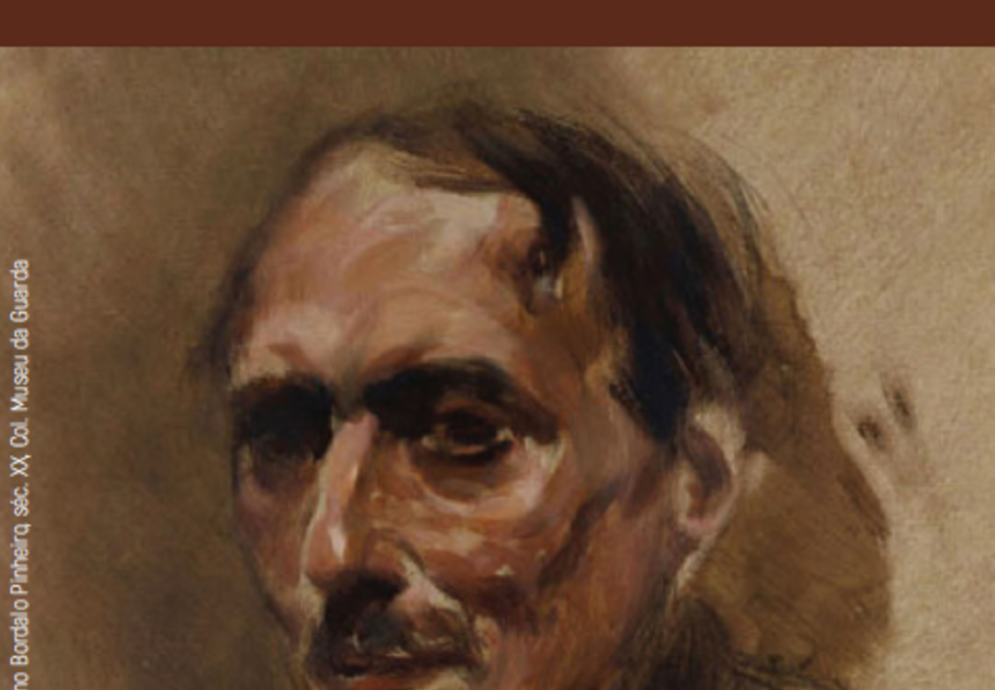
With family roots in the municipality of Celorico da Beira. From Coimbra, where he studied law, he brought the idea of republicanism. In 1910, the Republic was proclaimed and Augusto Gil founded the weekly "A Actualidade" in Guarda, a political and literary newspaper which ran until May 1, 1912.His work is inspired by traditional and popular poetry, without forgetting the classics. His verses are influenced by Guerra Junqueiro, João de Deus and António Nobre, as well as by Parnassianism and Symbolism. Not unrelated to the nostalgic movement of Pascoaes, of whom he was a friend, the poet is part of a vitalist and Jacobin neo-romantic perspective. In other words, aligned with naturalism and republicanism in defense of social justice. Augusto Gil's remains rest in the granite tomb of the family of Fernando Patrício, in the Guarda cemetery. Discover the must-see places on this literary tour of Guarda::1. Praça Luís de Camões (square); 2. Sé; 3. Rua General Póvoas, n.o 19-25 (street -the fountain no longer exists); 4. Rua Augusto Gil (street -house where the poet lived); 5. Rua do Comércio, n.o 22 (street - where the mother-in-law lived); 6. Igreja da Misericórdia (Church); 7. Largo de S. João (square - monument to Augusto Gil); 8. Escola Augusto Gil (formerly National Liceu); 9 Museum ; 10. Where Rua Alves Roçadas ends and Rua Batalha Reis begins (streets - homage to Augusto Gil II) ; 11. Cemetery (tomb of the family of Fernando Patrício); 12. ;The keep; 13. Capela do Senhor do Bonfim (Chapel); 14. Capela de Nossa Senhora do Mileu (Chapel); 15. G Roundabout (third tribute to Augusto Gil).
Visit Facebook
